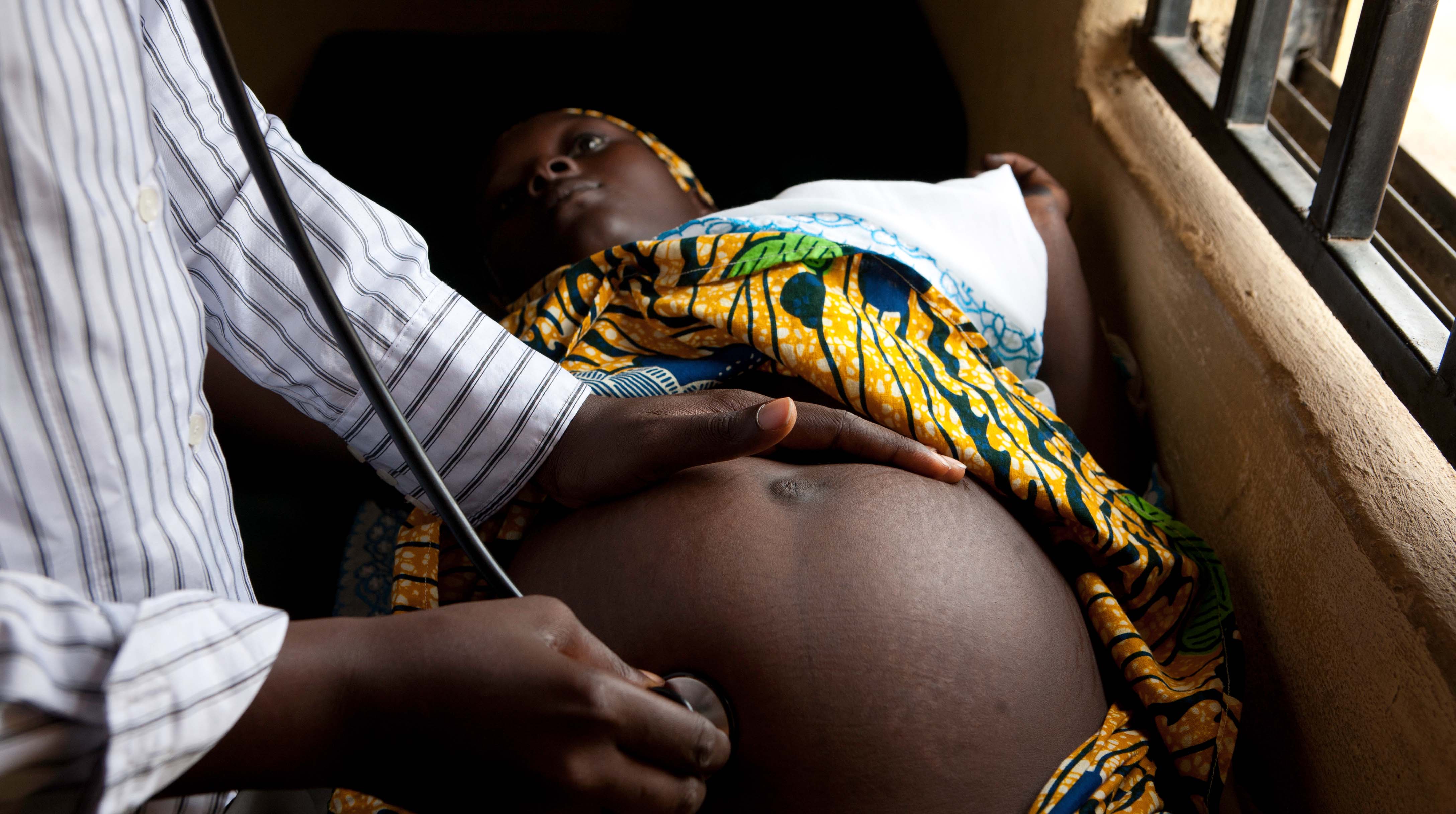Approximately 49.5 million children under the age of five years are wasted, and this global burden leads to loss of life, reduces the quality of life and impairs linear growth. Yet, there is a lack of robust research on effective strategies to prevent wasting. On the heels of recent Maximising the Quality of Scaling Up the Quality of Nutrition Plus (MQSUN+) reports which examine the Aetiology of Wasting and The Current State of Evidence and Thinking on Wasting Prevention, MQSUN+ supported by the UK Department for International Development (DFID) conducted a study to address these research gaps. The aim of this study was to identify and prioritise the main outstanding research questions around wasting prevention, in order to inform future research agendas.
This study found that the research questions prioritized by the global community and panel of experts strongly focus on interventions for wasting, including in-utero interventions and their effects on reducing wasting. Other important themes included the identification of at-risk infants and young children early in the progression of wasting and the roles of existing interventions and the health system in prevention.
These results indicate consensus around the need to support further evidence generation on the pathways to wasting, including during the in-utero period, as well as on the process of wasting and its early identification. Additionally, this study reinforces how little is known about impactful interventions for preventing wasting.
This study provides a five-year investment case for research that could most effectively answer questions to inform supportive policy change and improve on-the-ground programme implementation.


